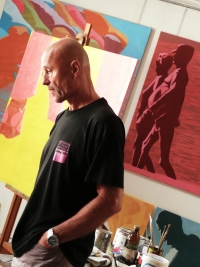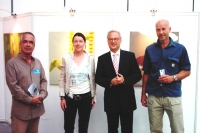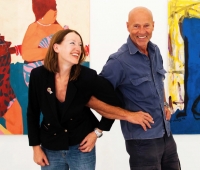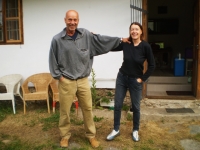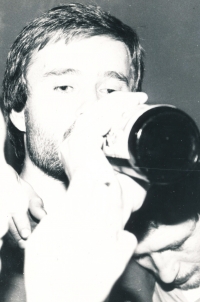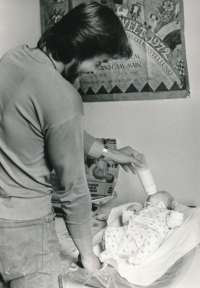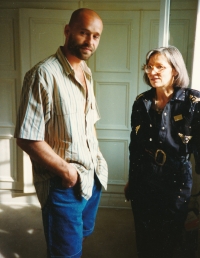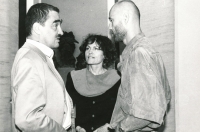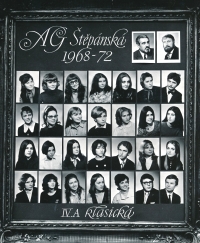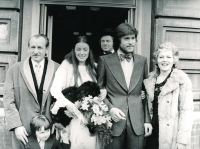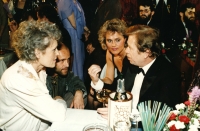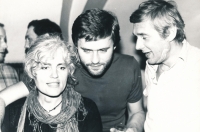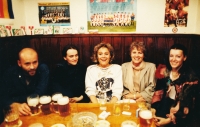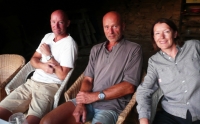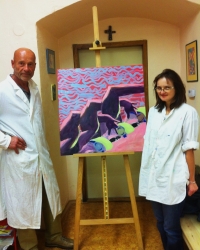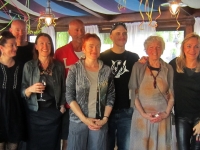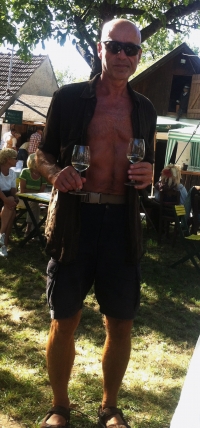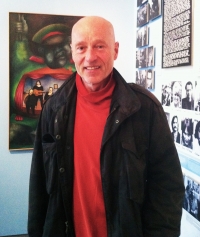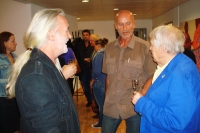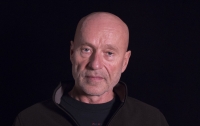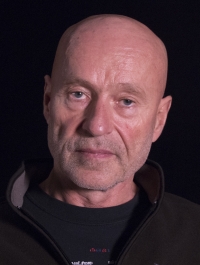Alcohol was a pleasant stimulus under socialism

Download image
Ondřej Kohout was born on May 20, 1953 in Prague. His father is the writer Pavel Kohout, his mother Anna worked for Czechoslovak television. She has sisters Kateřina and Tereza, the writer Boučková. In the capital, he attended an elementary school in Presslova Street and a grammar school in Štěpánská. The father had not lived with the family since the late 1950s, but remained in contact with his son. It was thanks to his father that he found himself in the West for the first time in 1967, at the beginning of the Soviet occupation in August 1968 he also returned from the West with his mother, and on the first anniversary of his troops he was on a brigade in Munich. He was expelled from the scenography at DAMU due to the regime, but eventually finished school. In 1975 he married Eva Vonešová, their son Mikuláš was born, and after a while they divorced. After the intervention of the State Security at the Railwaymen’s Ball in 1978, he signed Charter 77. He remarried Eva and in 1981 the whole family legally moved to Austria. After November 1989, the witness began to return to his original homeland, but still lives in Austria.
